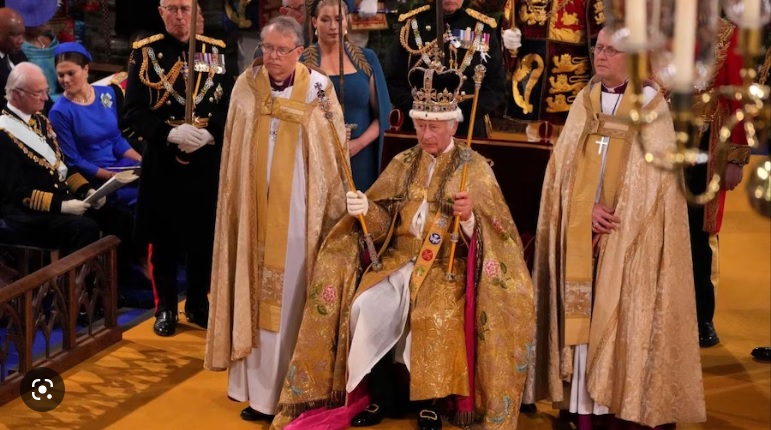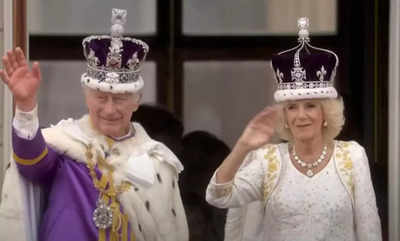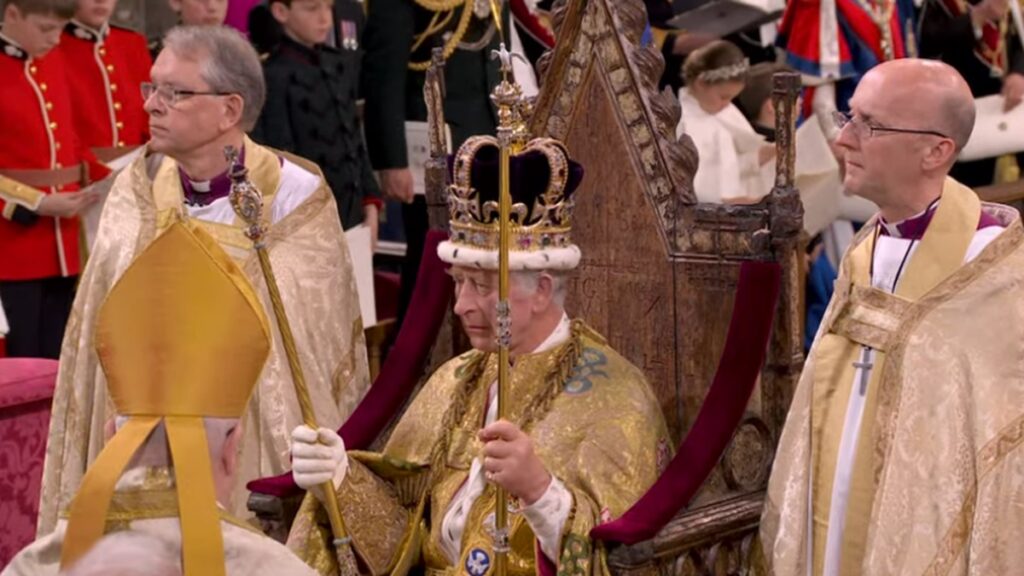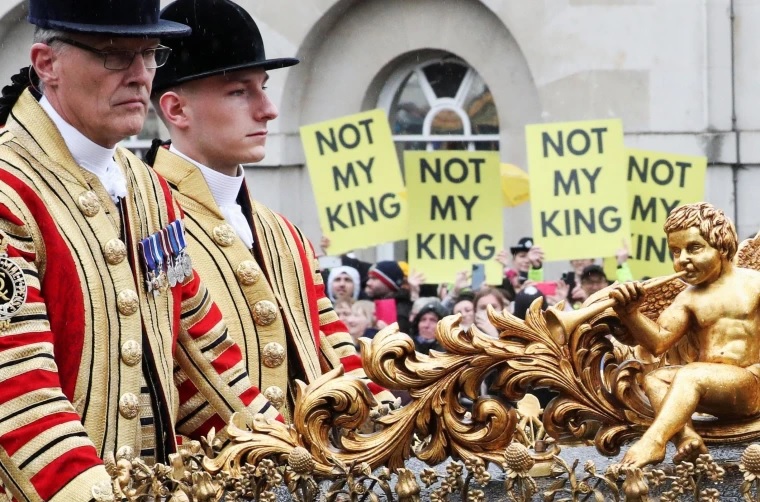Coronation of Prince to King – King Charles Coronation – as king of the United Kingdom and the other Commonwealth realms, took place on 6 May 2023
Table of Contents
Toggle


Coronation of Prince Charles III and his wife, Camilla, as king and queen of the United Kingdom and the other Commonwealth realms, took place on 6 May 2023 at Westminster Abbey. Charles acceded to the throne on 8 September 2022, upon the death of his mother, Elizabeth II.



King Charles Coronation rare moments:
There were many rare moments and surprises too.
Rishi Sunak,
First non-Christian person to read the Bible during a coronation. Rishi Sunak, the British Prime Minister, is also the first Indian-origin person to be selected to be the Prime minister of the UK.
Missing of Prince Harry
Missing of Prince Harry on the balcony though not a big surprise, was also discussed.
Rejection of coronation concert.
Big music acts including Adele, Harry Styles, The Spice Girls, and Robbie Williams, Elton John, all allegedly rejected an invitation to perform at the coronation concert.
The Anti – monarchy protest
The Anti – monarchy protest with placards of “NOT MY KING” was the first of its kind and a symbol of democracy prevailing over the monarchy. The cost of coronation would be close to $150 million USD, not counting the indirect expenditures.
King Charles Coronation Crown

What are the powers of British monarch?
The powers of the British monarch are largely ceremonial and symbolic. The monarch’s role is primarily constitutional, and their powers are limited by law and parliamentary democracy. Some of the key powers and responsibilities of the British monarch include:
Granting Royal Assent:
The monarch gives formal approval to legislation passed by Parliament, which is necessary for a bill to become law.
Appointing the Prime Minister:
The monarch appoints the Prime Minister, who is usually the leader of the political party with the majority in the House of Commons.
Representing the State:
The monarch represents the United Kingdom both domestically and internationally, including state visits and diplomatic functions.
Opening and Dissolving Parliament:
The monarch formally opens each new session of Parliament and can also dissolve Parliament, triggering a general election.
Commander-in-Chief of the Armed Forces:
The monarch is the ceremonial head of the armed forces, but the actual command and control of the military is exercised by elected officials.
It’s important to note that these powers are exercised on the advice of elected officials and are subject to constitutional conventions and legal limitations. The British monarchy operates within a constitutional framework where ultimate authority rests with Parliament and the government.
Lorem ipsum dolor sit amet, consectetur adipiscing elit. Ut elit tellus, luctus nec ullamcorper mattis, pulvinar dapibus leo.


